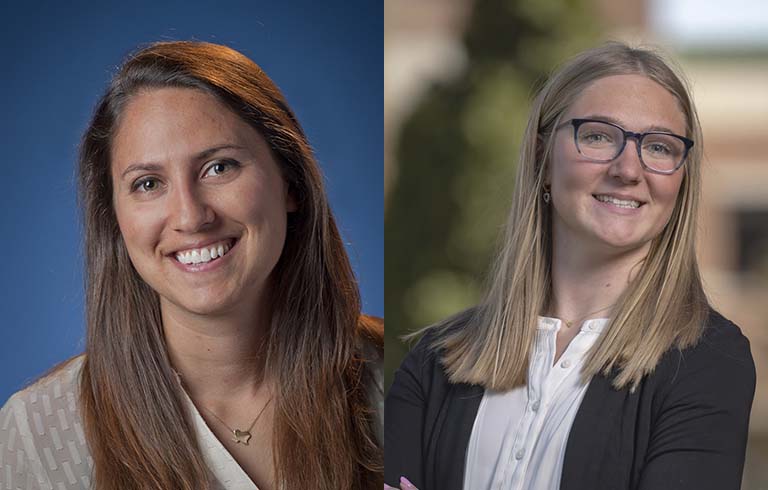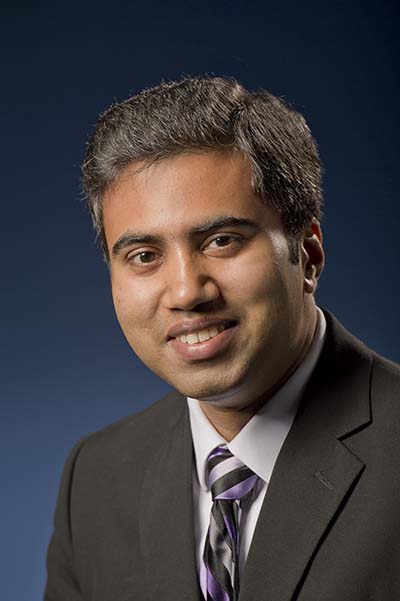
Two from Trine named to Forty Under 40
A Trine University administrator and a graduating senior are included in this year’s Greater Fort Wayne Business Weekly Forty Under 40.
October 20, 2025
 WASHINGTON, D.C. — A team of Trine University faculty is one of 24 nationwide to receive
a grant from the American Society for Engineering Education (ASEE).
WASHINGTON, D.C. — A team of Trine University faculty is one of 24 nationwide to receive
a grant from the American Society for Engineering Education (ASEE).
ASEE announced the fourth cohort in the Engineering for One Planet Mini-Grant Program (EOP-MGP) on April 22.
The program will award $8,000 and expert mentorship to each team to pursue new ways to integrate social and environmental sustainability learning outcomes into their curricula.
The Trine University team is led by Gurudutt Chandrashekar, Ph.D., associate professor in the Wade Department of Mechanical and Aerospace Engineering.
ASEE received 99 applications for the initiative this year.
The EOP-MGP is supported by The Lemelson Foundation as part of its Engineering for One Planet (EOP) initiative, which seeks to establish sustainability as a core tenet of the engineering profession by equipping all future engineers with the skills and knowledge to support the health of the planet and the lives it sustains.
The program leverages the EOP Framework — a faculty-vetted menu of ABET-aligned student learning outcomes co-developed with hundreds of academic, industry, nonprofit and public sector stakeholders — to inspire curricular change. The EOP Framework offers 93 learning outcomes reflecting social and environmental sustainability topics, such as systems thinking, social responsibility and life-cycle assessment, and related professional skills such as communications, teamwork and critical thinking.
The first three EOP-MGP cohorts comprised a total of 45 awardees from a variety of small and large institutions across the U.S. More than 350 faculty from these institutions collectively modified or created 150 courses that have impacted more than 6,500 students across engineering disciplines.
Building upon the outcomes observed in earlier cohorts, The Lemelson Foundation has committed to supporting expanded cohorts of 24 teams each for cohort IV in 2025 and cohort V in 2026, demonstrating a sustained dedication to embedding sustainability as a core tenet of the engineering profession by equipping future engineers to champion planetary and human well-being.
The teams are geographically dispersed and represent a mix of institutional sizes and programs, including non-engineering disciplines (Natural Science and Global Studies).
For more information about Engineering for One Planet, visit engineeringforoneplanet.org.